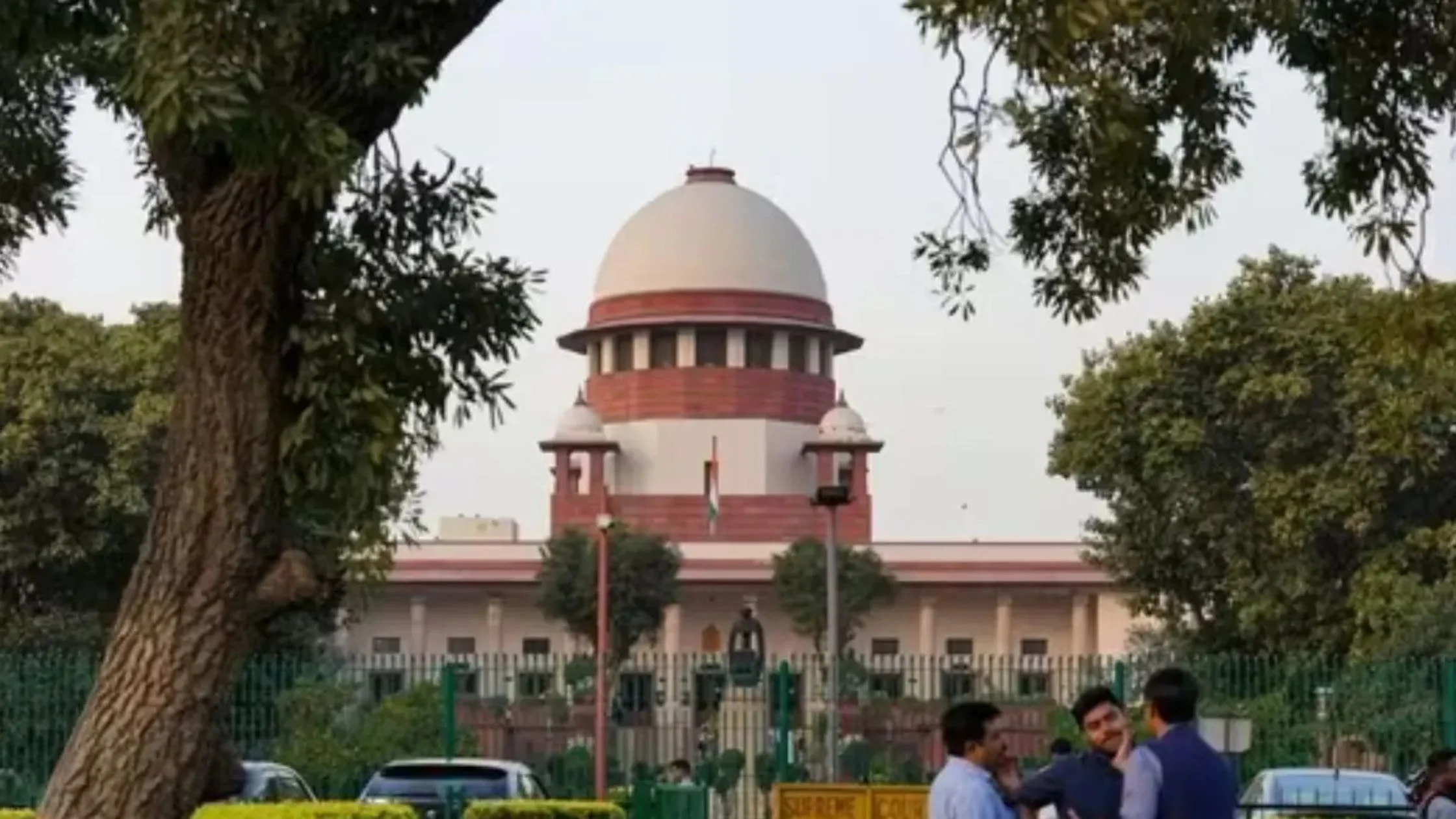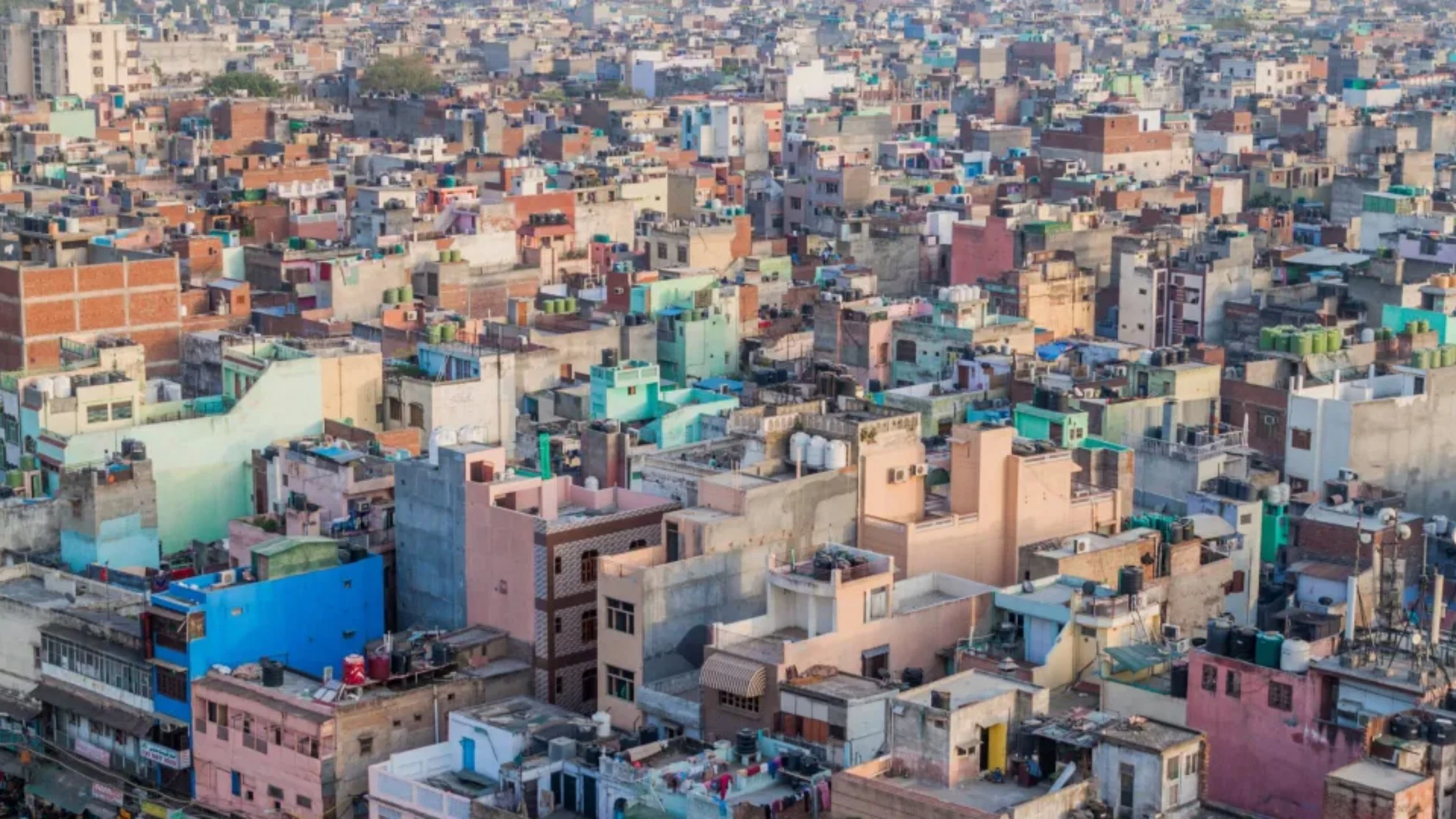Table of Content
▲
Delhi Chief Minister Arvind Kejriwal has proposed a new housing scheme aimed at improving the lives of sanitation workers in the city. This initiative is a step toward ensuring better living conditions and acknowledging the essential contributions of sanitation workers to maintaining Delhi’s cleanliness and hygiene.
The proposed scheme aligns with the government’s vision of promoting welfare and dignity for workers who play a vital role in the community. Let’s take a closer look at what this scheme is about and how it will benefit sanitation workers in Delhi.
What is the Proposed Housing Scheme?
The housing scheme proposed by Arvind Kejriwal focuses on providing affordable and quality housing to sanitation workers in Delhi. The aim is to uplift their living standards and ensure access to basic facilities.
Key Features of the Scheme
|
Feature |
Details |
|
Target Beneficiaries |
Sanitation workers in Delhi, especially those in urban areas. |
|
Affordable Housing |
Low-cost housing units tailored to workers’ needs. |
|
Partnership Approach |
Joint effort between the Delhi government and the Central government. |
|
Basic Amenities Included |
Housing units will provide clean water, electricity, and sanitation. |
|
Planned Implementation |
Homes will be built in areas with easy access to transport and services. |
Also Read: Maharashtra to Roll Out ‘One State, One Registration’ Scheme by April-End
Benefits of the Housing Scheme
The proposed housing scheme is expected to bring several benefits to sanitation workers and their families:
- Affordable Homes: Workers will have access to low-cost housing that is safe, durable, and well-equipped with basic facilities.
- Improved Living Conditions: Amenities like clean water supply, electricity, and proper sanitation will significantly enhance their quality of life.
- Health and Hygiene: Better housing will lead to healthier environments, reducing the risk of diseases.
- Social Security: This initiative will provide a stable and secure living environment for workers and their families.
Challenges Faced by Sanitation Workers in Delhi
|
Challenges |
Current Issues |
|
Lack of Proper Housing |
Many workers live in slums or temporary shelters without proper amenities. |
|
Unhygienic Living Conditions |
Poor sanitation and unsafe housing lead to frequent health issues. |
|
Financial Struggles |
High rents in Delhi make it hard for workers to afford decent housing. |
|
Social Stigma |
Sanitation workers often face social and economic exclusion. |
|
Planned Implementation |
Homes will be built in areas with easy access to transport and services. |
This scheme seeks to address these issues by providing sanitation workers with safe, affordable housing and improving their overall well-being.
How Will the Scheme Be Implemented?
The proposed scheme is still in the planning stage, but here’s how it is expected to be implemented:
- Survey and Identification: The government will conduct a survey to identify eligible sanitation workers.
- Land Allocation: Suitable land will be identified and allocated for building housing units.
- Construction of Housing Units: Affordable homes will be constructed with access to all basic facilities.
- Allotment Process: Homes will be allotted to eligible workers based on their requirements and family size.
- Monitoring and Maintenance: The government will ensure regular monitoring and maintenance of the housing units.
Why This Scheme Matters for Delhi’s Growth
Providing housing for sanitation workers isn’t just about welfare—it’s also about ensuring the smooth functioning of the city. Cleanliness is a critical part of urban life, and sanitation workers play a central role in maintaining Delhi’s hygiene.
The scheme contributes to:
- Improved Productivity: Stable housing allows workers to focus on their jobs without worrying about unsafe living conditions.
- Better Public Health: Safe and hygienic living conditions reduce the spread of diseases.
- Inclusive Urban Development: By prioritizing marginalized communities, the scheme promotes social equity.
Conclusion: A Step Toward Inclusive Development in Delhi
The proposed housing scheme for sanitation workers by Arvind Kejriwal is a significant step toward creating a more inclusive and equitable society in Delhi. By addressing the housing needs of these essential workers, the government is not only recognizing their contributions but also investing in the city’s long-term growth.
As the plan progresses, it is expected to bring positive changes to the lives of thousands of sanitation workers and their families, making Delhi a shining example of inclusive urban development.
This initiative reflects the commitment of the Delhi government to create a better future for all its citizens, starting with those who keep the city clean and safe.
Also Read: BBMP's New Portal Makes It Easy to Get Your e-Khata Online






_1770286619.webp)
Ans 1. The proposed scheme by Arvind Kejriwal aims to provide affordable and quality housing for sanitation workers in Delhi, improving their living standards with basic amenities.
Ans 2. The beneficiaries are sanitation workers in Delhi, particularly those in urban areas, who currently struggle with inadequate housing conditions.
Ans 3. The scheme offers low-cost housing units with basic facilities like clean water, electricity, and sanitation. It’s a joint initiative by the Delhi and Central government.
Ans 4. It will provide sanitation workers with safe, affordable, and hygienic housing, improving their quality of life and reducing health risks.
Ans 5. Challenges include poor housing conditions, unhygienic living spaces, financial struggles due to high rents, and social stigma.
Ans 6. Homes will be allocated based on eligibility, with a survey identifying workers and their family size to ensure a fair allotment process.
Ans 7. The scheme will enhance productivity by providing stable housing for sanitation workers, improve public health by ensuring safe living conditions, and promote inclusive urban development.
Ans 8. The scheme is in the planning stage, with the government working on the logistics of land allocation, construction, and the allotment process. More details will emerge as the plan progresses.